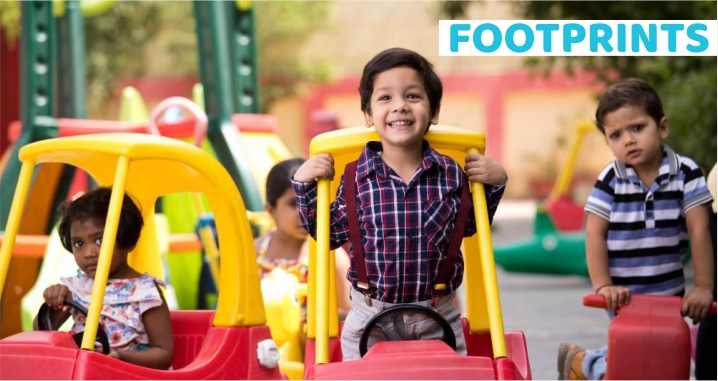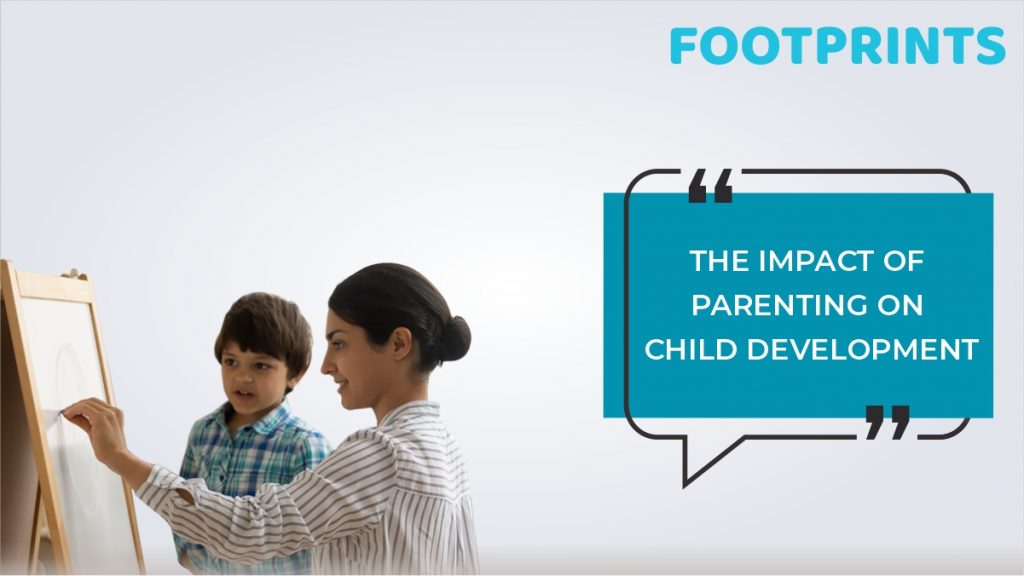
While every parent at some point in time wishes that their child could have come with a manual, the fact remains that overall child development and raising mentally strong and well-rounded kids has a lot to do with your parenting style. In fact, the answer to what is the most important thing for child development has to be your parenting style. There are 4 key styles that have been identified and are widely used in child psychology today. These are based on the work of Diana Baumrind, a developmental psychologist, and Stanford researchers Eleanor Maccoby and John Martin.
These parenting styles are known to impact different aspects of the child, from how the child feels about herself, to her relationships and more. Let us look at the 4 parenting styles in some detail:
Authoritarian Parenting
Do you believe that kids should follow the rules set by you- PERIOD? Odds are that you lean towards authoritarian parenting where your focus is on the child’s obedience to your rules without ever explaining why a certain rule is set. Ever so often, rule-based parenting leaves no room for the child’s feelings or opinions. Authoritarian parents often land up making kids feel sorry for their mistakes as opposed to helping the child make better choices. Children who grow up with authoritarian parents grow up to be obedient all right, but this obedience often comes at a cost. The child may begin to feel hostile and have a lot of bottled-up anger as he or she grows up. Since this parenting model relies a lot on punishment, the child could also take to hiding things or lying in order to escape punishment.
Authoritative Parenting
Do you set up rules but also explain the reason behind them? Do you validate your child’s feelings yet enforce rules and offer consequences? You could be an authoritative parent. Such a parenting style uses disciplinary strategies to reinforce positive behavior. Little surprise then that, children who experience such a parenting style tend to grow up to be individuals who are happy and at peace with themselves. These are adults who are good at decision-making and who weigh the many consequences before coming to a conclusion that is good for them.

Permissive Parenting
Do you set rules but hardly, if ever, reinforce them? Does your parenting style involve the child not facing the consequences of their actions? Odds are that you follow the permissive style of parenting. Permissive parents are extremely lenient. They, therefore, do not really discourage the child’s poor choices or bad behavior. Often in a bid to become the child’s friend, they let many problem issues pass. What this does to the child, however, is that the child grows up not appreciating authority or boundaries. Even if the permissive parent sometimes decides to set rules, children tend to test its boundaries.
Importantly, a child who has experienced a lack of structure and guidance often grows up with low self-esteem which has a far-reaching impact on almost every aspect of his or her adult life.
Uninvolved Parenting
Uninvolved parents do not spend much time with their children. Odds are they do not tend to ask the child about his or her day or even know who the child has been with. If this sounds familiar, you seem to be practicing uninvolved parenting. It is important to mention here that uninvolved parenting may not always be intentional as the parent could be facing a number of overwhelming problems that could, in turn, lead to parenting issues.
With such parents not able to cater to the child’s physical or emotional needs, children often start showing a number of behavioral problems and aren’t well adjusted.

To Sum Up
If you find yourself following a parenting style that has a poor prognosis when it comes to the child’s future, do not weigh yourself down with guilt or shame. Instead, work towards maintaining a positive relationship with your child while asserting your authority in a healthy manner. Seemingly small positive parenting tips can go a long way in impacting your relationship with your child. With a little bit of effort, you can ensure that you support the child’s development stages and that the child grows up to be a well-rounded individual.

Amita is an experienced educator with over 30 years of experience. She has an outstanding understanding of child development, having worked with various age groups for prestigious businesses. She has been dedicated to handling Footprints’s Curriculum and Delivery department for the past decade. Amita’s credentials include being one of India’s few HighScope Curriculum certified trainers and volunteering as a course leader for Landmark Education, the world’s largest training firm.


